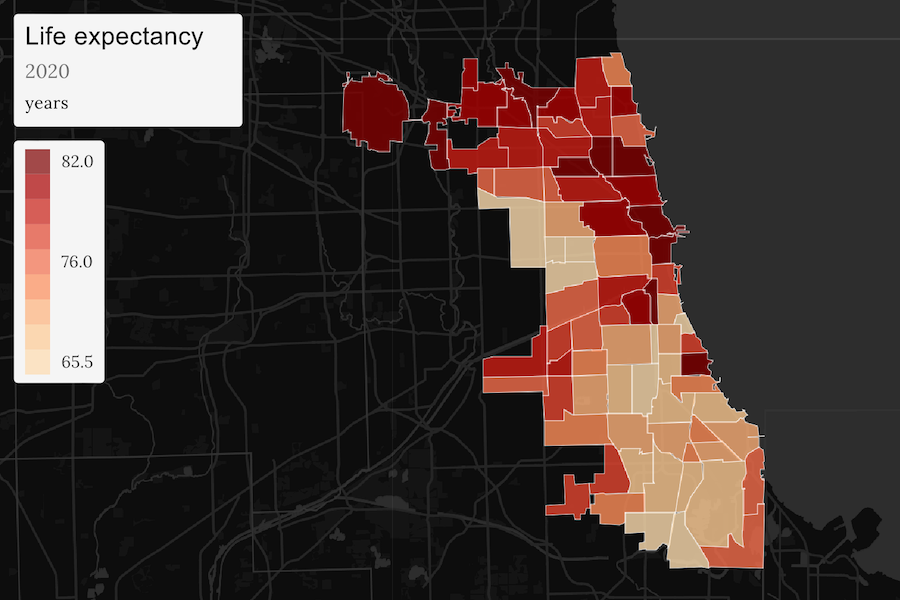Interdisciplinary pilot institute on health equity receives university support
Friday, April 19, 2024

The Institute for Equitable Health Data Science Research — co-directed by BHIS associate professor Andrew Boyd and computer science professor Elisabeta Marai — received funding from the Office of the Vice Chancellor for Research as part of a 2023 program to advance interdisciplinary discovery across UIC.
The pilot institute will combine data science and artificial intelligence expertise with health science research to address urgent health inequities.
The institute will seek to analyze and eliminate potential biases in health data before they are embedded into artificial intelligence algorithms. The goal is to create biomedical science and technology solutions while prioritizing health equity for diverse populations.
“Data science is critical for the future of health care,” said Boyd. “However, if we do not add the appropriate health equity and disparity lenses, the biases of today’s health care system will be baked into those algorithms for decades.”
The pilot institute will launch a series of initiatives, including an annual bootcamp to encourage research collaborations, a yearly industry summit, seed funding for new projects and grant application support. The institute’s opportunities for funding and workshops will be open to all UIC researchers.
Other pilot initiatives previously selected for support from the Office of the Vice Chancellor for Research include the Institute for Functional and Regenerative Materials, the Institute for Research on Addictions and a third program seeking interdisciplinary discoveries to cure chronic eye diseases.
Boyd said university support will enable investigations into social determinants of health, analytical reviews of existing research methodologies and algorithms and counseling for regulatory boards. The institute will create novel technology and new Chicagoland datasets to reduce health-related bias in the city and beyond.
“We’re committed to solving this problem across the university, with all of our colleges, all of our students and for all of our patients,” Boyd said. “This is who we are here at UIC.”
This article has been edited for length and clarity by Emily Parenti-Lopez.